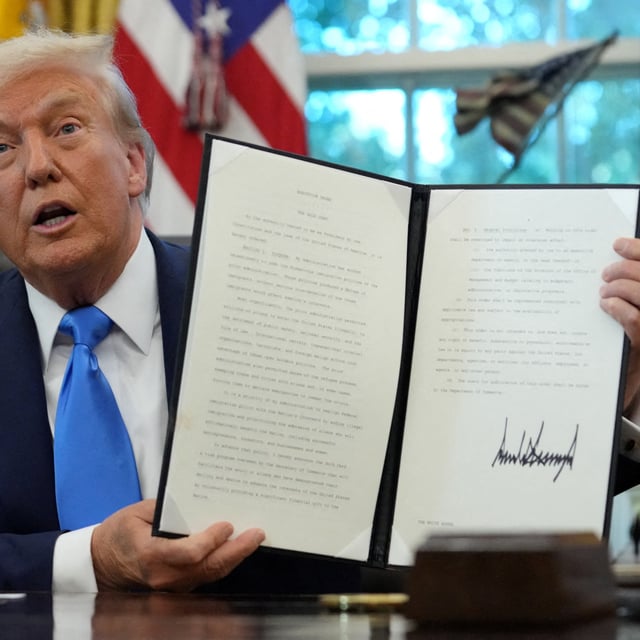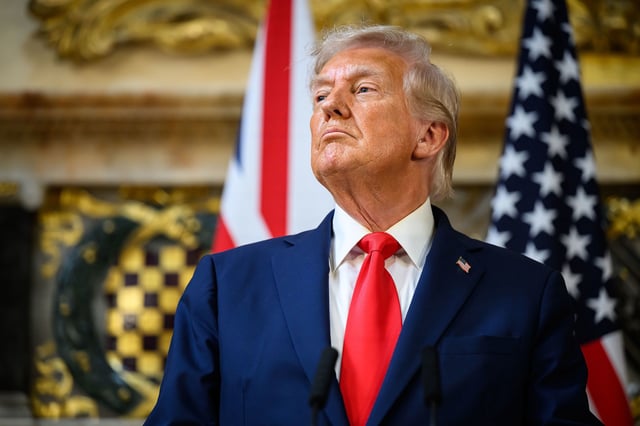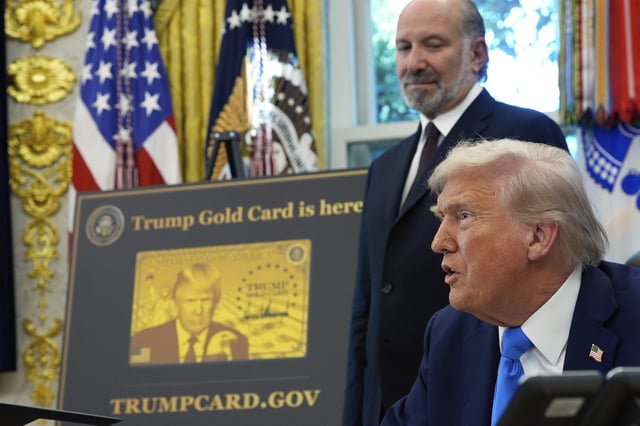Overview
- The proclamation makes the $100,000 payment mandatory per H‑1B petition for a 12‑month window starting Sept. 21, covering new filings and many renewals.
- White House officials say the move targets program abuse and lower‑paid inflows, a shift from prior employer costs that typically ranged in the low thousands of dollars.
- The announcement also introduced high‑price residency pathways: a $1 million Gold Card for individuals or $2 million via corporate sponsorship, with a separate $5 million Platinum tier proposed by the administration that would require congressional approval.
- India, whose nationals receive roughly 70% of recent H‑1B approvals, voiced concern over humanitarian impacts and business disruption as Nasscom criticized the one‑day timeline, while the U.S. Chamber said it is assessing implications.
- Immigration attorneys and companies warned H‑1B workers abroad to return quickly to avoid being stranded, major users such as Amazon, TCS and Microsoft face steep new costs, and legal challenges to the president’s authority are widely expected.



